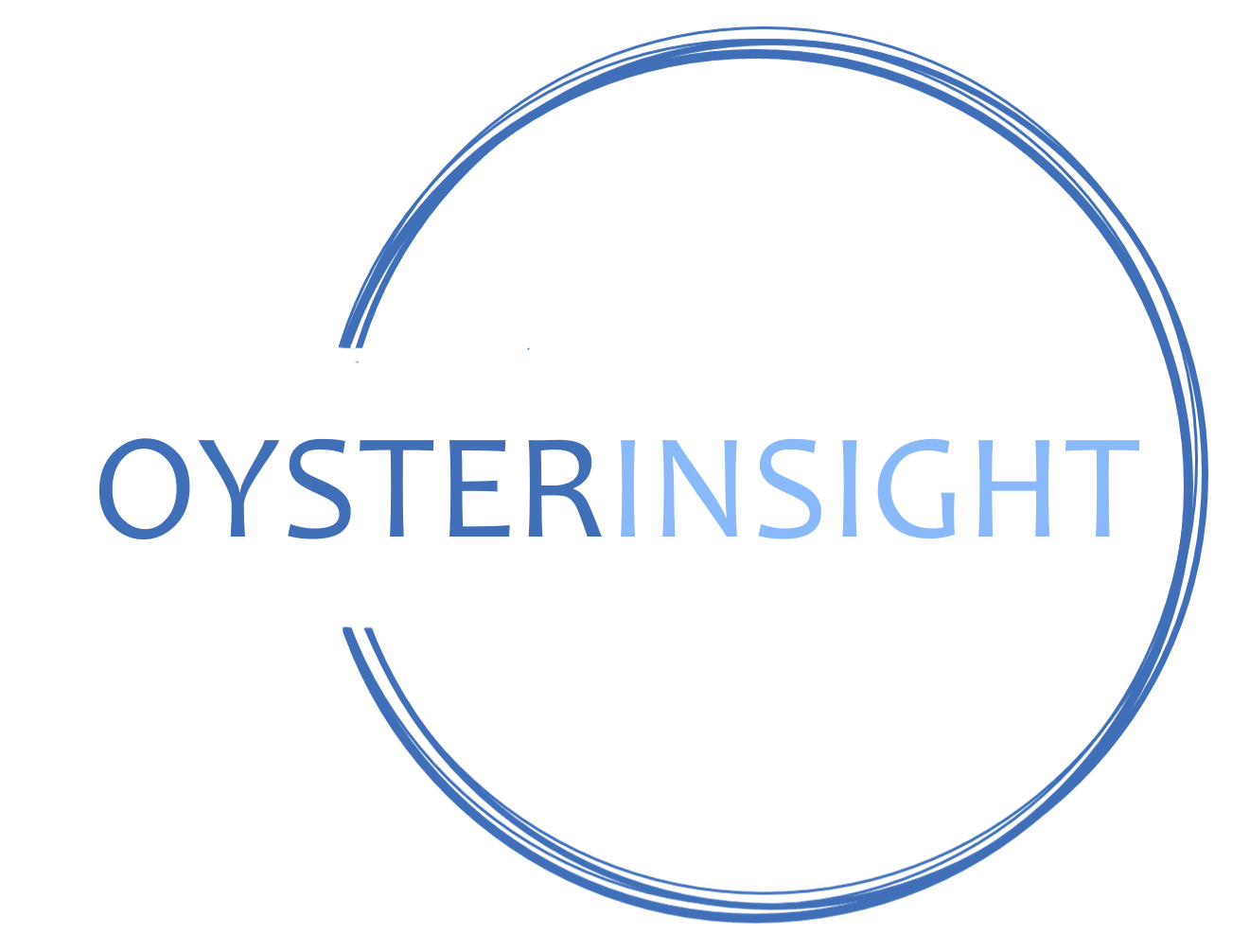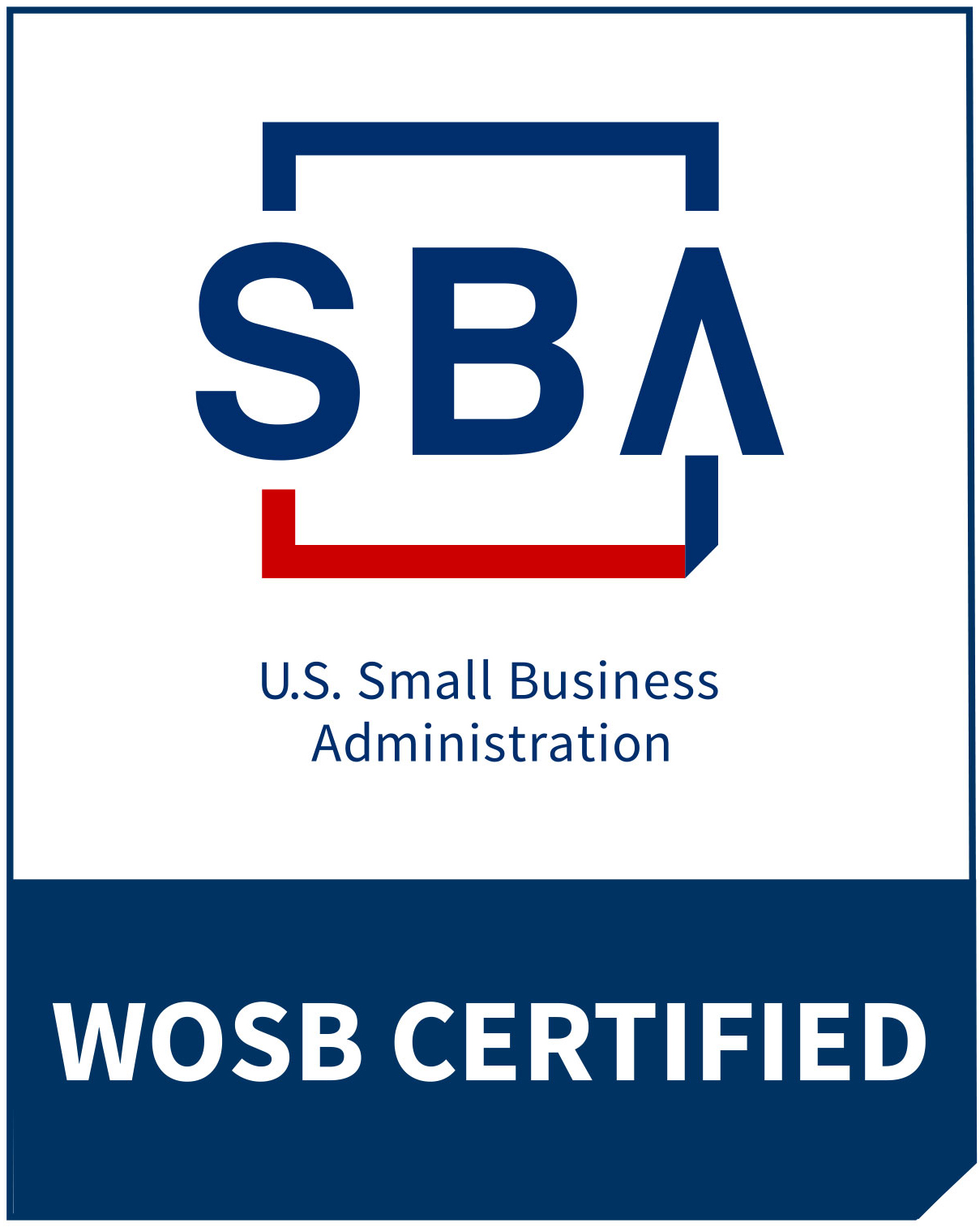“You must be so proud.”
It’s the thing people keep saying now that our oldest is about to graduate from Navy boot camp. And I get why they say it—it’s a milestone, and an impressive one. But the truth is, that question really stumped me.
Because proud isn’t quite the word I would use. Or maybe it’s just not the whole word.
Yes, I’m happy. I’m deeply moved. I’m grateful. Sometimes when I hear his voice on the phone, I tear up. Not because of pride, but because I know we’re lucky to have the kind of relationship where he wants to call us. Where he wants letters. Where he writes us back. Where he invited us to come to his graduation. I’m incredibly grateful that he is letting us in.
And I am proud—of my parenting. I’ve poured years of intentionality into this. I’ve sought out and learned from brilliant professionals. I’ve made mistakes and kept learning. I’ve shown up over and over again. I know I’ve done everything I could—and I’m proud of that.
But this moment, this milestone? That’s his.
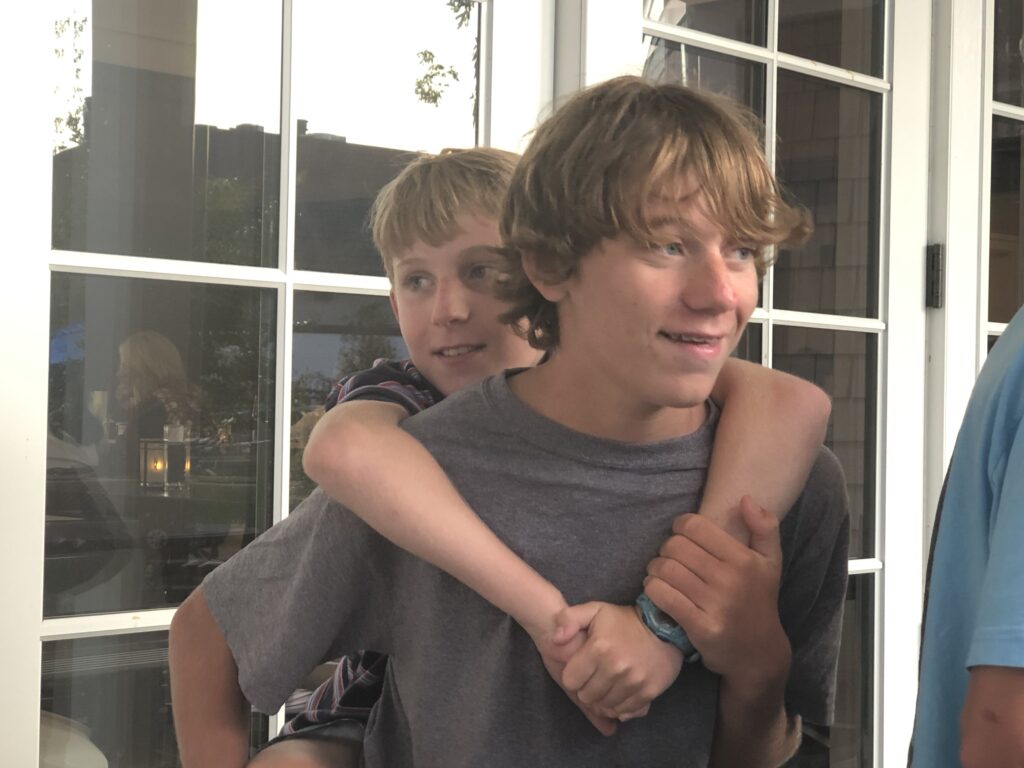
His boot camp graduation isn’t proof that I was a good parent.
I already knew that.
This is proof of his effort, his growth, his resilience.
And I also know—because I’ve studied it, lived it, and walked through fire with it—that there is only so much a parent can control.
Human development is complex. The brain, the wiring, the chemistry, the timing… so much of it is beyond us.
We don’t get to write their story. We just get to walk beside it. And do our best to create the kind of playing field that fosters curiosity, autonomy, and growth—so they can shape who they want to be.

That’s a lesson I learned years ago when I was teaching Outward Bound. At the end of each course, we gave students a pin to mark their completion. But eventually, I started doing something different. I gave them the choice. I told them they knew better than I did whether they’d truly earned it—because only they knew what they had overcome, how hard they had worked, and what it took to get there.
Boot camp is the same.
Only our son knows how hard it was for him.
Only he knows how much it asked of him, and what he pushed through.
Only he knows what there is to be proud of.
But am I just talking semantics? What is “pride,” really?
Psychologists define pride as a self-conscious emotion—one that arises when we evaluate ourselves (or those close to us) against a meaningful standard. It’s closely linked to identity and achievement. Researchers like Jessica Tracy distinguish between two kinds:
- Authentic pride, tied to effort, perseverance, and personal growth.
- Hubristic pride, rooted in ego or superiority.
When people say, “You must be so proud,” they usually mean it kindly. But often, they’re referencing external accomplishment. And while I appreciate the sentiment, what I feel isn’t about me. It’s about him.
I want my son to feel authentic pride—the kind that doesn’t need validation or recognition to be real. The kind that comes from knowing you did something hard and meaningful. That you grew. That you found something new in yourself. That you earned something no one can take away.
And I want to stay in my lane—supporting, encouraging, and letting him own every bit of that pride for himself.
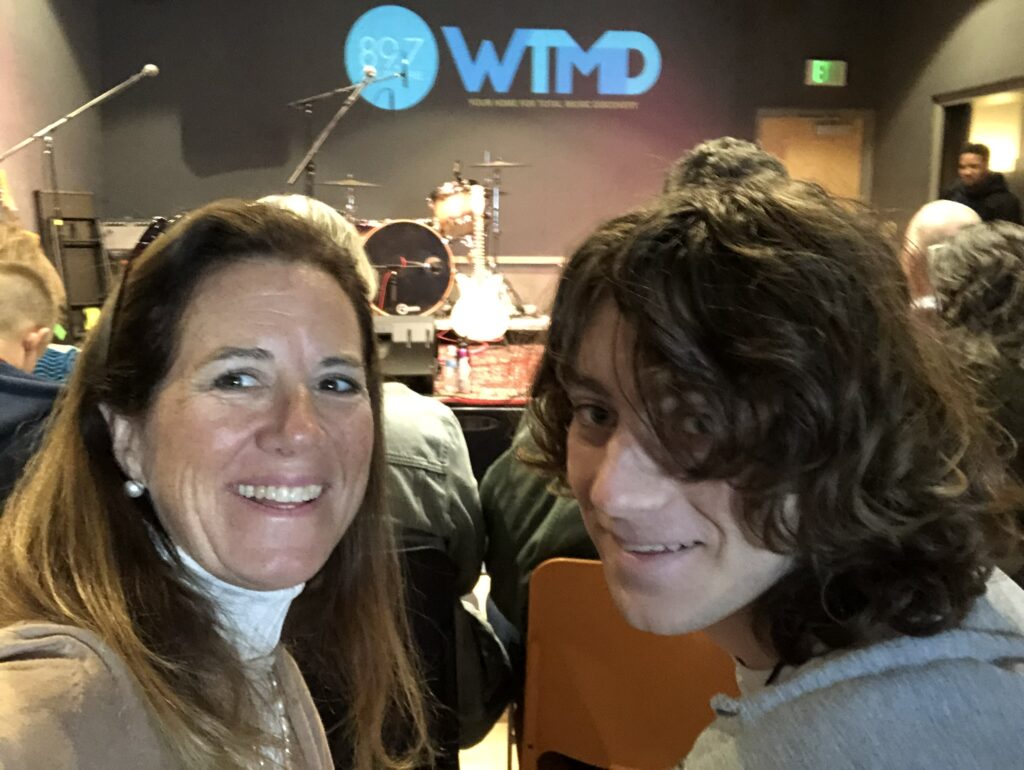
Because here’s the thing: empathy requires humility.
It means recognizing that someone else’s beginning, journey, and trials are completely separate from yours. You can care. You can walk beside them. But you can never fully know what they’re thinking or feeling. That experience belongs to them.
That’s why, just like in Outward Bound, only the individual knows what they’ve truly earned. Only they know what it cost. Only they know what there is to be proud of.
This was something I wrestled with even as a child. I remember my dad once telling me how proud he was because a man at church had said our family looked beautiful. I pushed back, hard. That man didn’t know us. He saw a family that appeared put together for an hour once a week—without my mother, who didn’t go to church with us. Being proud of how we were perceived felt hollow to me then, and still does now.
That’s why I tread so carefully around the word pride. I don’t want to confuse my son’s growth with mine. I don’t want to wrap my identity around his accomplishments. I don’t want to take credit for what isn’t mine to claim.
Instead, I want him to feel proud of himself.
To know he did something hard.
To know he got through.
To know—on his own terms—that this matters.
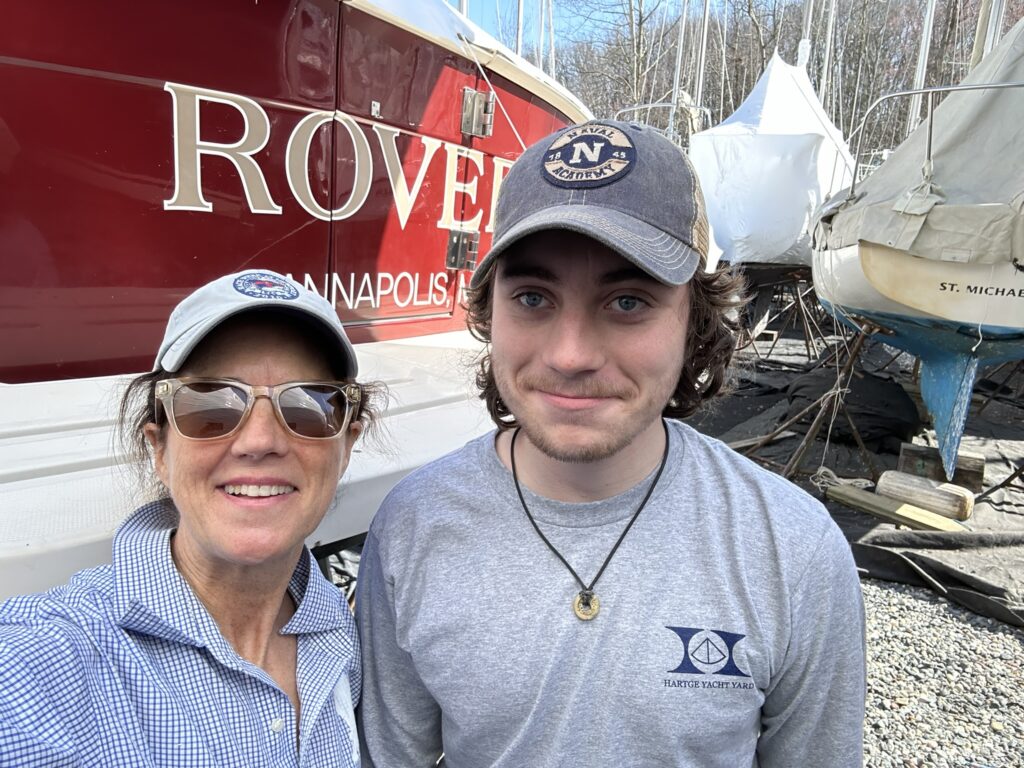
That same clarity—of what belongs to us and what doesn’t—is something I carry into my leadership work.
Because leading, like parenting, asks a lot of us.
It asks for empathy.
It asks us to hold space.
It asks us to let go of control while still showing up with presence and care.
As a coach and advisor, I work with leaders navigating real challenges. But I don’t lead for them. I don’t define their goals for them. I don’t try to shape their growth into something that reflects me.
Their journey is theirs.
Their growth is theirs.
Just like my child’s life is his.
And there’s a silver lining to that kind of empathy: it comes with boundaries.
Because when you truly see someone as separate from you, you also realize something important—
You are not solely responsible for their successes.
And you are not solely responsible for their failures.
That truth doesn’t disconnect us. It frees us.
Boundaries create liberty.
Liberty to care deeply, without control.
Liberty to support without attachment.
Liberty to lead—or parent—with integrity, and also let go.
And liberty for them to set their own goals, live by their own standards, and grow into who they want to be—not who you imagined for them.
So no—I don’t feel proud of him.
But I love him. I admire him.
And I am incredibly grateful for our relationship.
And I hope he feels proud of himself in the way that he knows best—because only he truly knows what this moment means.
